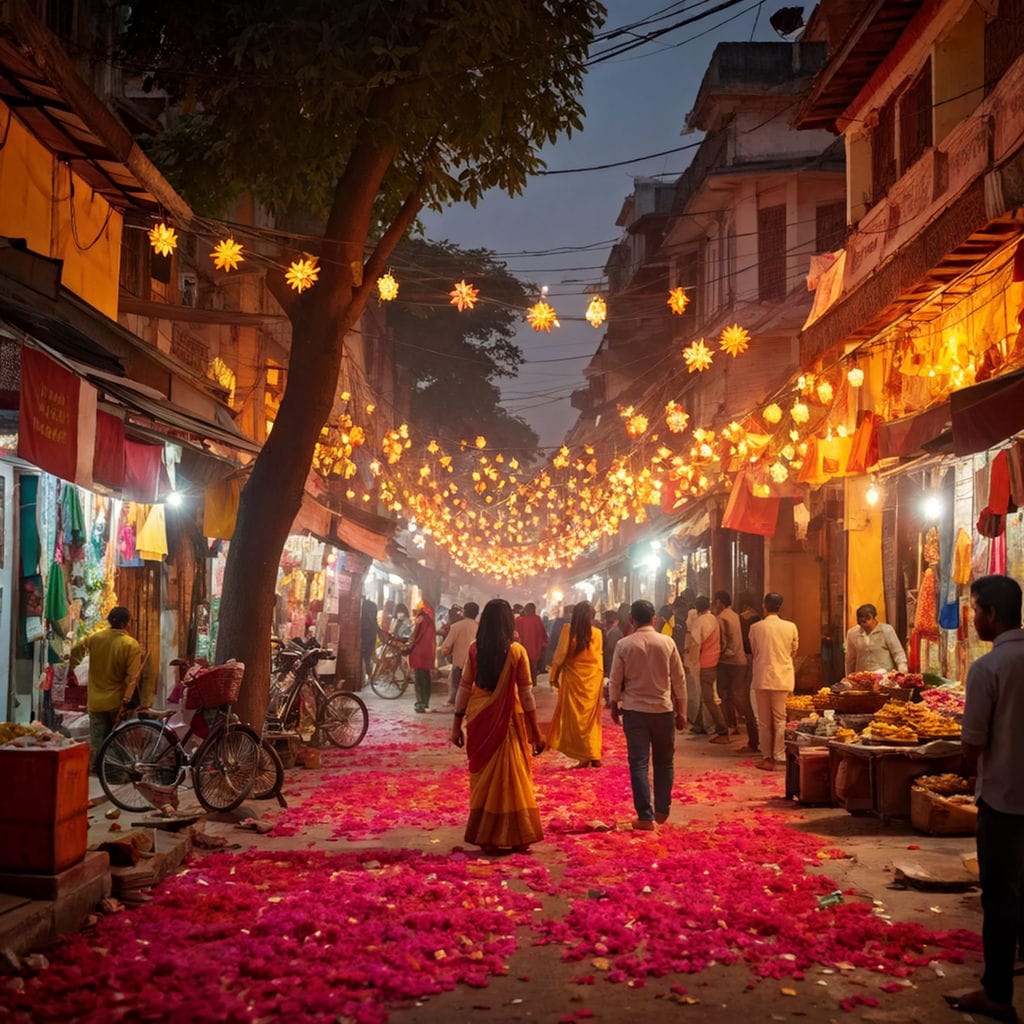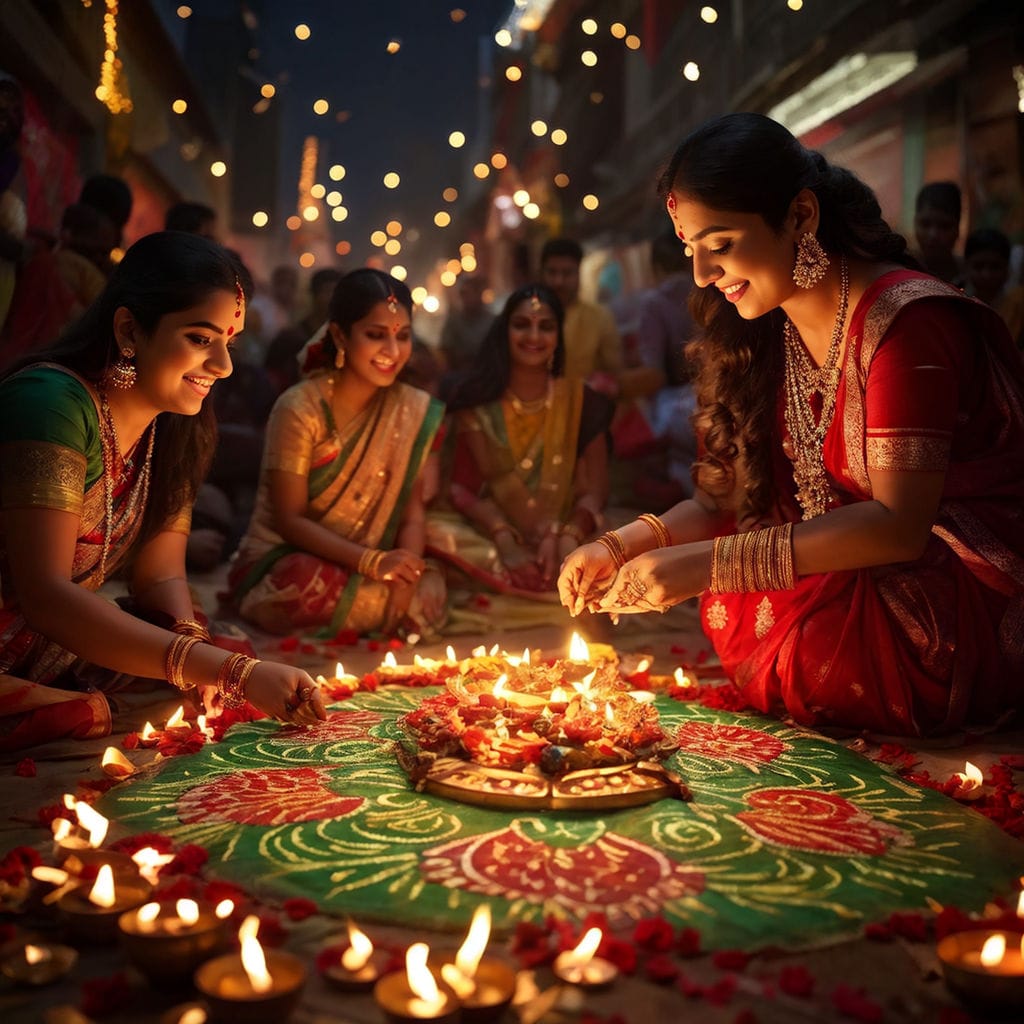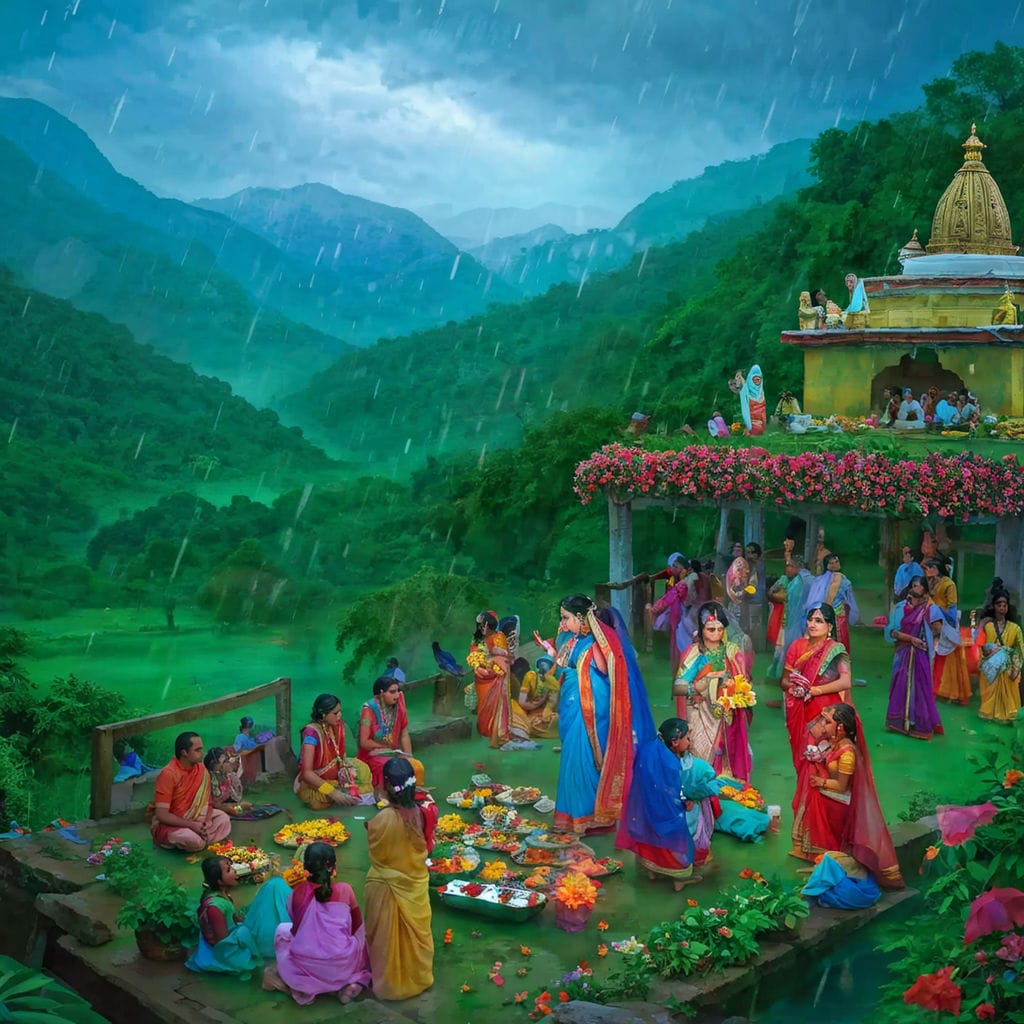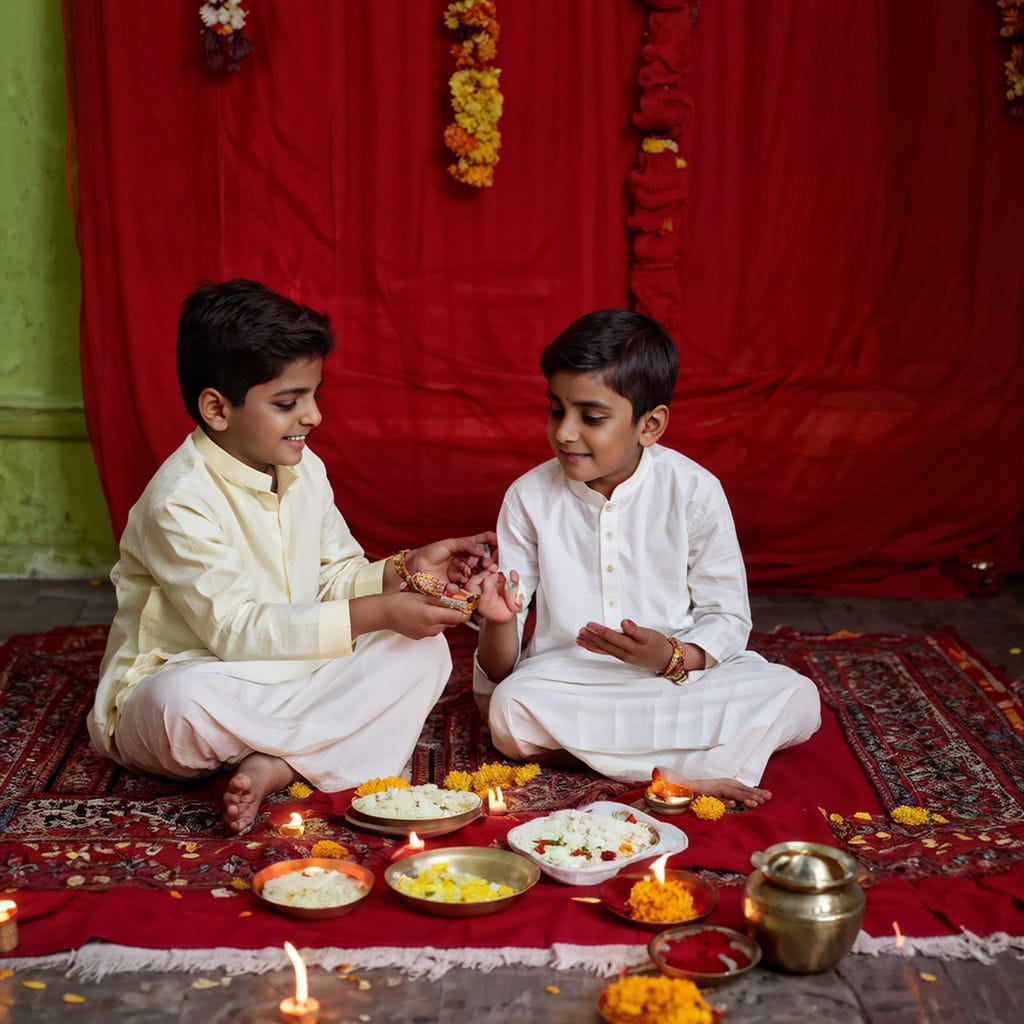Diwali, also known as Deepavali, is one of the most celebrated festivals in India and among Hindus around the world. Known as the “Festival of Lights,” Diwali signifies the triumph of light over darkness and good over evil. This joyous festival is marked by vibrant traditions, family gatherings, and an array of lights and decorations.
The Significance of Diwali
Diwali’s significance varies across different regions and cultures, but it commonly commemorates the return of Lord Rama to Ayodhya after 14 years of exile, during which he defeated the demon king Ravana. People of Ayodhya celebrated his return by lighting oil lamps to illuminate the city, symbolizing the victory of good over evil.
In other regions, Diwali is associated with the worship of Goddess Lakshmi, the goddess of wealth and prosperity. It is believed that on this day, she descends to bless her devotees with wealth and prosperity for the coming year.
Five Days of Festivities
Diwali is celebrated over five days, each with its unique significance:
- Dhanteras: The first day marks the beginning of the festival, dedicated to Dhanvantari, the god of health and Ayurveda. People buy new utensils, gold, and silver items to bring good luck and prosperity.

- Naraka Chaturdashi (Choti Diwali): The second day celebrates Lord Krishna’s victory over the demon Narakasura. It involves early morning rituals, oil baths, and preparing festive sweets.

- Lakshmi Puja (Main Diwali): The third day is the main Diwali night, where homes are adorned with lights, diyas, and rangoli. Families perform Lakshmi Puja to seek blessings from the goddess of wealth and prosperity. Fireworks light up the sky, and sweets and gifts are exchanged among family and friends.

- Govardhan Puja: The fourth day commemorates Lord Krishna lifting the Govardhan Hill to protect villagers from torrential rains. It is celebrated with feasts and prayers.

- Bhai Dooj: The fifth day is dedicated to the bond between brothers and sisters. Sisters pray for their brothers’ well-being and perform aarti, while brothers offer gifts in return.

Traditions and Celebrations
- Lighting Diyas and Candles: Homes are decorated with oil lamps (diyas) and candles, symbolizing the dispelling of darkness and ignorance.
- Rangoli: Colorful rangoli designs are created at the entrance of homes to welcome guests and deities.
- Fireworks: Fireworks and sparklers are a major part of the celebrations, adding to the festive atmosphere.
- Sweets and Feasts: Exchanging sweets and preparing special festive meals are integral to Diwali. Traditional sweets like laddoos, barfis, and halwa are enjoyed by all.
- Gifts and New Clothes: Exchanging gifts and wearing new clothes symbolize renewal and the beginning of a prosperous year.
Diwali is not just a festival; it is an experience of joy, togetherness, and spiritual renewal. It brings families and communities together, reinforcing bonds and spreading happiness and prosperity.
May this Diwali bring light, love, and joy to your life. Happy Diwali!